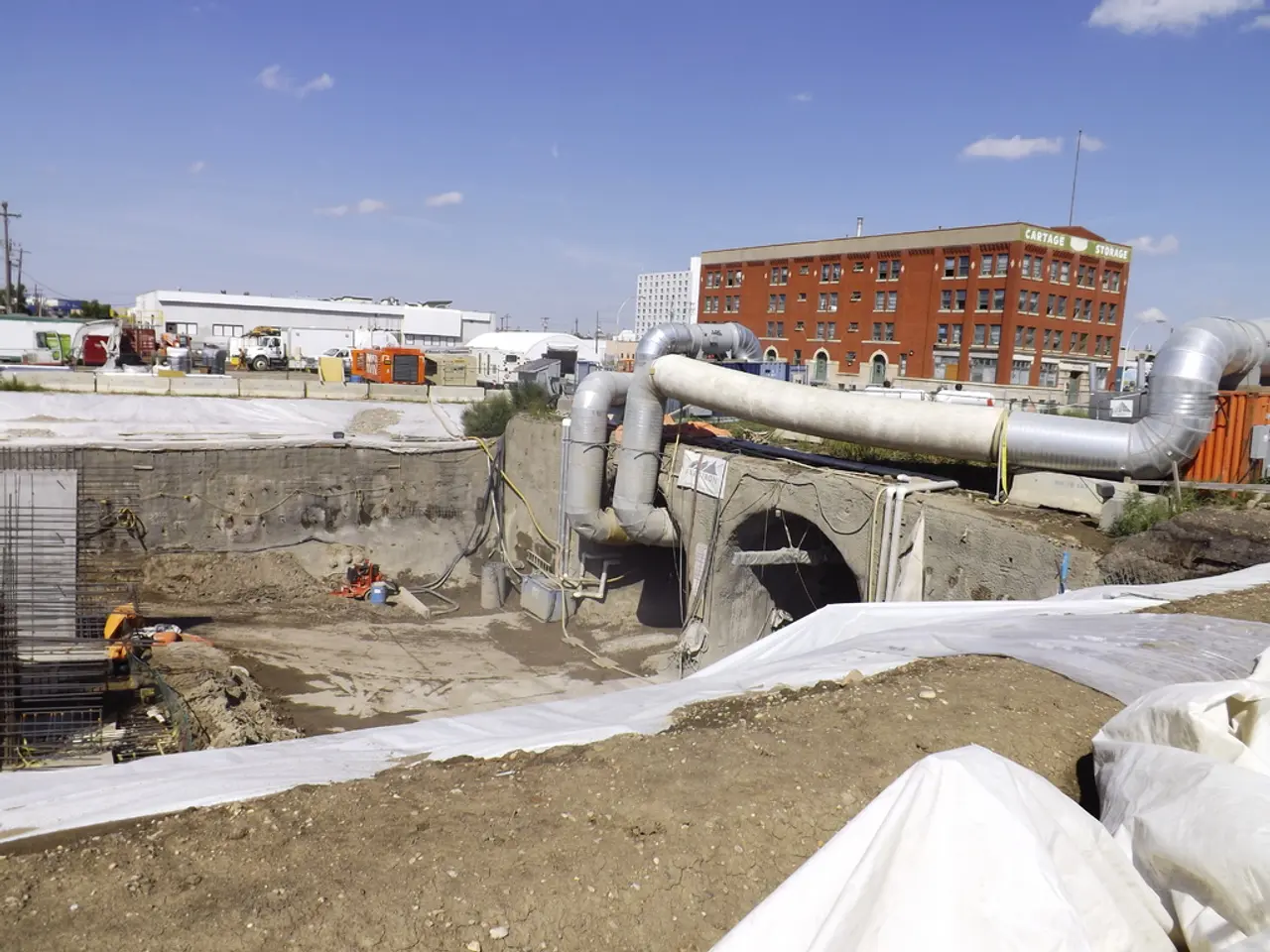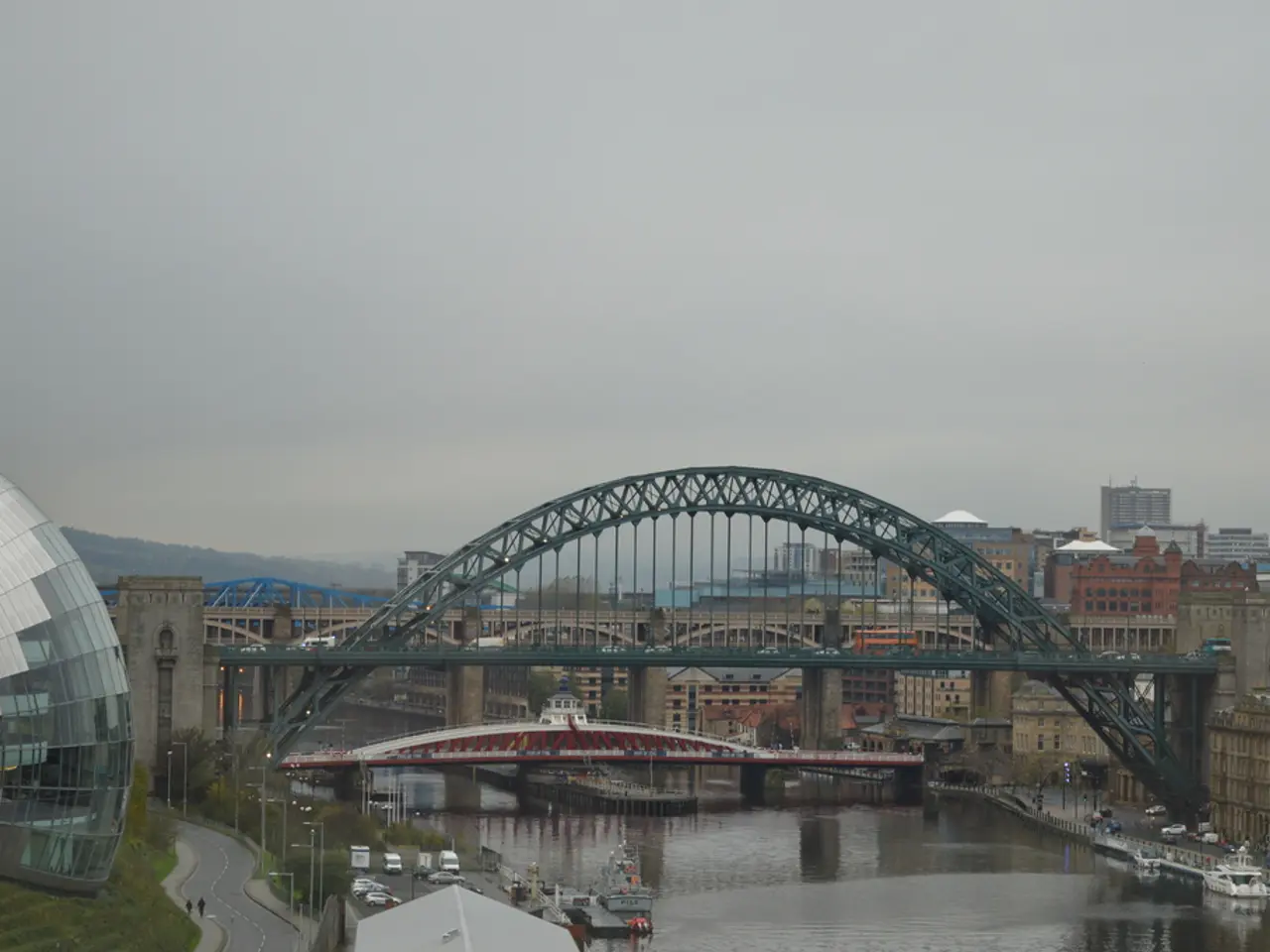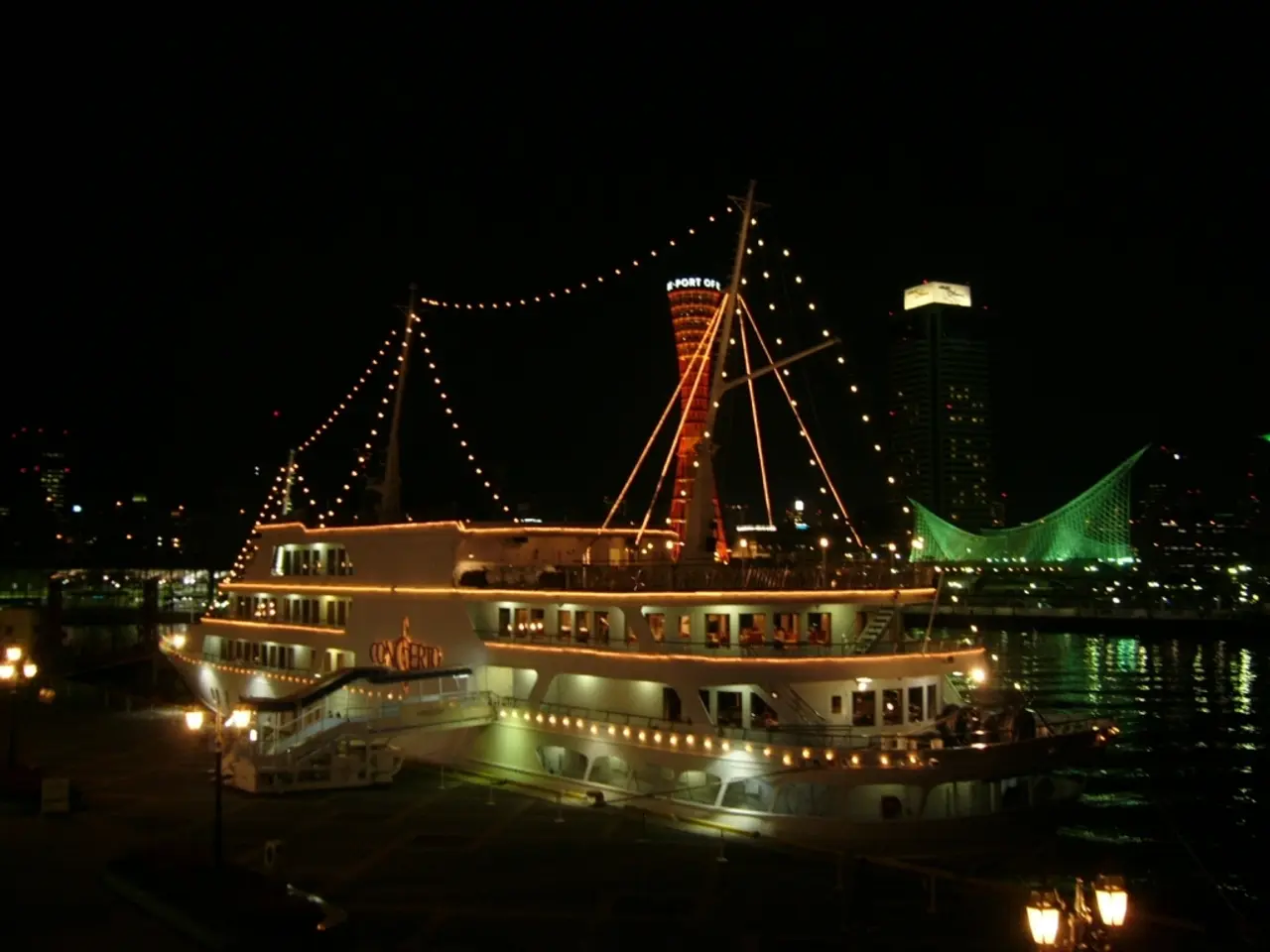Municipal heat planning commences in Saarbrücken, steering towards a climate-friendly energy supply
Saarbrücken Launches Municipal Heat Planning Process Towards Climate Neutrality
Saarbrücken, a city in the Saarland region of Germany, has taken a significant step towards sustainable and forward-looking urban development with the launch of its municipal heat planning process. The initiative, supported by the consulting firms Roedl & Partner and Greenventory, aims to achieve a climate-friendly, efficient, and socially just heat supply.
The Office for Climate and Environmental Protection in Saarbrücken is responsible for the municipal heat planning process. David Kaempfer from the Office is leading the project. The process includes close cooperation with local actors and transparent citizen participation, ensuring a comprehensive approach to the transition from fossil fuels to renewable and waste heat sources.
The municipal heat planning is a key component on the path to climate neutrality in Saarbrücken. Heat accounts for more than half of the city's energy consumption, making it a critical area to address in the pursuit of climate goals. The Heat Planning Act (WPG), a key legislative measure in Germany, requires cities with over 100,000 inhabitants, including Saarbrücken, to submit a municipal heat plan by June 30, 2026.
The Act on the Implementation of the Heat Planning Act (WPUG) designates municipalities as the planning authorities for the heat planning process. The municipal heat planning in Saarbrücken is expected to result in a concrete strategic heat plan by the end of June 2026.
The presentation of the municipal heat planning focused on the current framework conditions of heat supply in Germany, the new Heat Planning Act, and the role of municipal heat planning in the context of national climate goals. The project timeline was presented by Roedl & Partner and Greenventory.
Typically, municipal heat planning involves mapping existing heat demand and supply infrastructure, identifying potential renewable heat sources, planning infrastructure investments for district heating networks or other distribution systems, setting targets for greenhouse gas emissions reduction in the heating sector, and engaging stakeholders including local government, utilities, and citizens. For Saarbrücken, this would likely align with German federal and EU climate targets, integrating local renewable energy resources and possibly making use of digital technologies to optimize heat supply and demand management.
Mayor Barbara Meyer emphasized the importance of the municipal heat planning, stating that it further solidifies Saarbrücken's commitment to climate-friendly, efficient, and socially just heat supply. The municipal heat planning in Saarbrücken is a significant step towards sustainable and forward-looking urban development in the name of climate protection.
However, for precise details on Saarbrücken’s current municipal heat planning efforts, such as the current stage, concrete projects, and policy framework, it would be necessary to consult official municipal publications, local government energy transition plans, or recent regional environmental agency reports. These resources were not available in the retrieved search results.
- The municipal heat planning process in Saarbrücken, initiated by the Office for Climate and Environmental Protection, targets a climate-friendly, efficient, and socially just heat supply aligning with Germany's Heat Planning Act, which requires cities to submit a municipal heat plan by June 30, 2026 – a critical step in environmental-science policy-and-legislation towards climate-change mitigation.
- The municipal heat planning in Saarbrücken involves comprehensive mapping of existing heat demand and supply infrastructure, identifying renewable heat sources, optimizing heat supply and demand management through digital technologies, and encompasses stakeholders from local government, utilities, and citizens – making it a vital component of general-news that addresses Saarbrücken's critical contribution to national climate goals and sustainable urban development.
- As the municipal planning authorities for the heat planning process, Saarbrücken's municipal heat planning is a significant endeavor that marks its proactive stance on climate issues within the broader political and environmental landscape – blending cutting-edge science with forward-looking urban development policies to combat climate-change and secure a greener future.








